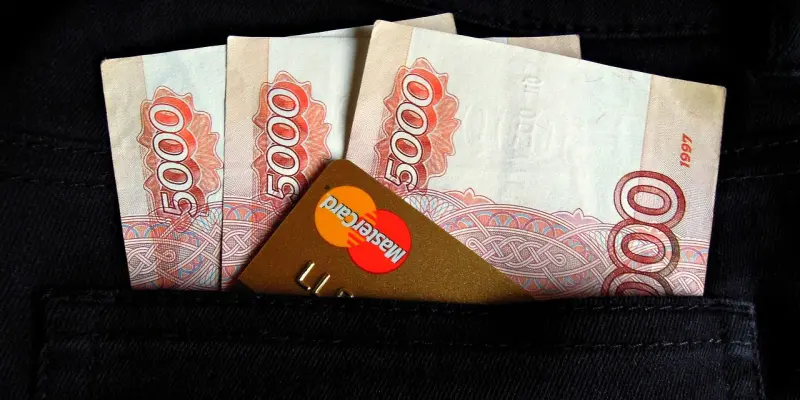In a significant collaboration aimed at enhancing financial inclusion and fostering economic growth, Mastercard and Ethio Telecom have joined forces to address myriad barriers to financial access in Ethiopia. This partnership leverages Mastercard’s global capabilities and Ethio Telecom’s extensive customer base to connect Ethiopian users to global financial systems and empower unbanked populations. By enabling secure local and international transactions through Mastercard-enabled telebirr cards, the collaboration is expected to revolutionize access to financial services in one of Africa’s most underbanked regions.
Facilitating Financial Access and Empowerment
One of the key focuses of the Mastercard and Ethio Telecom partnership is facilitating inward remittances and outbound payments for Ethiopian users. By bridging the gap between local financial infrastructures and global financial systems through Mastercard-enabled telebirr cards, users can now participate in e-commerce, receive remittances, and make seamless digital payments. This initiative significantly impacts unbanked populations, providing them with secure and reliable ways to handle money, thereby improving their financial inclusion and access to essential services.
Remittance systems play a critical role in the Ethiopian economy, contributing to household incomes and overall economic resilience. By enabling efficient, swift, and secure fund transfers, the collaboration ensures that families receive financial support with minimal delays. Mastercard’s robust infrastructure, processing over $6.5 trillion annually with more than three billion cards in circulation, bolsters this effort. The use of advanced analytics, anti-fraud systems, and digital identity verification enhances the security of these transactions, instilling confidence among users and encouraging widespread adoption of digital financial services.
Additionally, the partnership aims to integrate small merchants, youth entrepreneurs, and SMEs into the telebirr ecosystem. This integration is expected to stimulate local economic growth by providing these groups with access to digital financial tools and markets previously beyond their reach. By equipping small businesses with the necessary infrastructure to participate in the digital economy, the initiative fosters entrepreneurship and drives financial empowerment across various demographic segments.
Strengthening Digital Infrastructure and Inclusion
Mastercard’s broader commitment to financial inclusion, which targets connecting one billion people to the digital economy within the next few years, includes a significant focus on the Horn of Africa. By 2027, the goal is to connect 50 million small businesses and 25 million women entrepreneurs. Ethiopia, with its challenges of poverty and limited financial infrastructure, stands to benefit significantly from the introduction of these digital solutions. Tailored for remote communities, these solutions aim to increase access to essential services and integrate service delivery, transforming the socioeconomic landscape of the region.
Ethio Telecom’s extensive network, connecting 270,000 merchants, 29 banks, and numerous service providers across various sectors, positions it as a formidable force driving Ethiopia’s digital economy transformation. The potential of telebirr, a powerful mobile money service, to foster a cashless economy by integrating everyday services such as utility payments is a highlight of this collaboration. By enabling secure digital transactions across borders, telebirr fosters economic participation among underserved populations, catalyzing sustainable development in Ethiopia and neighboring countries.
This partnership exemplifies how strategic alliances can harness technology to create inclusive economic systems benefiting millions while driving scalable social impact. The integration of Mastercard’s advanced payment solutions with Ethio Telecom’s widespread reach ensures that even the most remote areas gain access to modern financial services. By addressing the unique challenges faced by Ethiopia and its neighbors, the collaboration promises to pave the way for a more financially inclusive future.
A Blueprint for Future Transformations
Mastercard and Ethio Telecom have formed a significant partnership to advance financial inclusion and stimulate economic growth in Ethiopia. This collaboration aims to tackle numerous barriers to financial access faced by Ethiopians. By combining Mastercard’s global expertise with Ethio Telecom’s extensive customer network, the goal is to connect Ethiopian users with global financial systems and provide assistance to unbanked communities. The introduction of Mastercard-enabled telebirr cards allows for secure local and international transactions, which is expected to revolutionize financial service access in one of Africa’s most underbanked regions. This strategic alliance represents a major step towards integrating more people into the financial ecosystem, thereby promoting economic development and improving the quality of life for many Ethiopians. Ultimately, the initiative seeks to offer broader financial solutions and drive progressive changes in a country that has long struggled with limited banking options.

